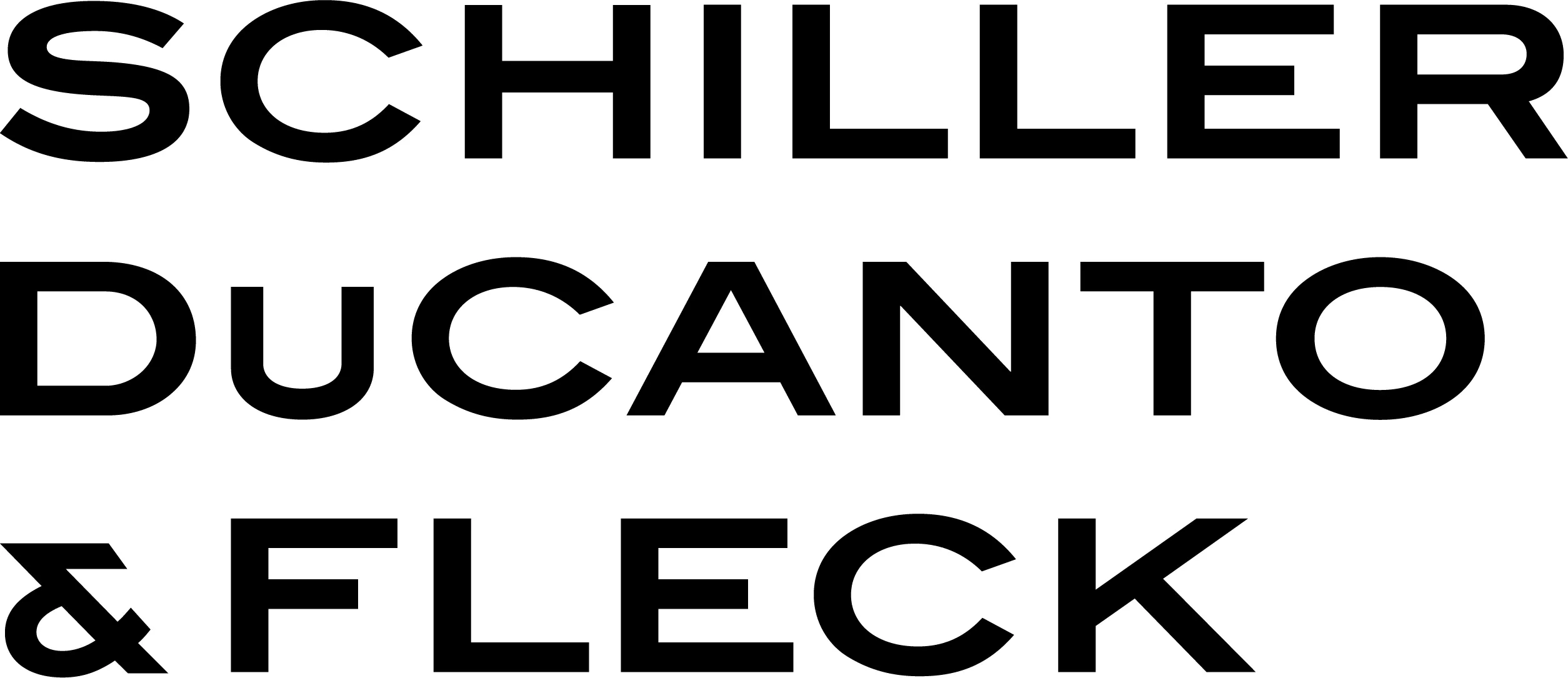Discernment Counseling is a laser-focused form of couples counseling meant for spouses who are considering divorce, but are not collectively definitive about taking that next step. A couple will benefit most from Discernment Counseling when there is one spouse leaning into the marriage and one spouse leaning out and/or both spouses have ambivalence.
Unlike traditional marital or couples counseling, the role of a Discernment Counselor is not to fix a couples marital issues. Rather, the Discernment counselor is charged with helping the spouses determine for themselves if the marital issues can be fixed. Discernment counselors provide an unbiased, third-party perspective to the inner workings of a couple's relationship. Discernment Counseling can help couples understand their own motivations for staying married or getting divorced. It can also assist couples in exploring their options and considering every potential consequence of their decision.
Mental health professionals trained in Discernment Counseling meet with both spouses together and individually over 4-6 sessions to work on a shared path forward that may include: (1) the parties staying married and working on new boundaries and ways to save the marriage (typically to include future ongoing couples counseling); (2) transition to controlled separation or other form of boundary setting; or (3) moving forward with divorce proceedings and ideally doing so with both parties on the same or similar page.
If a couple who is engaged in Discernment Counseling decides to work on the marriage, the counselor will work with the couple to better their communication, create new boundaries and make measurable goals to determine improvement or lack thereof. If there is progress in the short term, the couples are often referred to marriage counseling to help quarterback the next steps of keeping the marriage intact.
If a couple who is engaged in Discernment Counseling decides that divorce is inevitable, the mere act of having actively participated in the Discernment Counseling process will most likely enable the couple to have a substantially better entrance into a divorce process and, as a result, a more thoughtful and amicable divorce.
There are several reasons why Discernment counseling can lead to a more amicable divorce. First, Discernment counselors are trained mental health professionals who are also familiar with how divorce works. A qualified Discernment Counselor can and will educate the couple on the divorce process options that best suits the couples goals and concerns. This education piece alone, coming from a therapist rather than an attorney, will help keep the couple in a more collaborative and less adversarial space. Second, the couple will have just spent several sessions in the Discernment counseling communicating with each other through this facilitated process which mandatorily required communication and mutual respect. Oftentimes, the couple will have had very little, zero or ineffective communication with each other prior to entering this process. Third, and possibly most importantly, the couple will have participated in the Discernment process together and jointly worked on the decision to divorce, so no one should be caught off guard with regard to the decision to move forward with a divorce process. This should cut down on surprise and resentment which can be a major impediment to an amicable divorce process.
Having practiced divorce for 20+ years, my experience with parties that have commenced divorce after having participated in Discernment Counseling is astoundingly positive compared to the alternative. Discernment Counseling can be a helpful tool for couples contemplating divorce and can assist couples in making a decision that is right for them in a way that is respectful and supportive.
The content of this article is intended to provide a general guide to the subject matter. Specialist advice should be sought about your specific circumstances.

